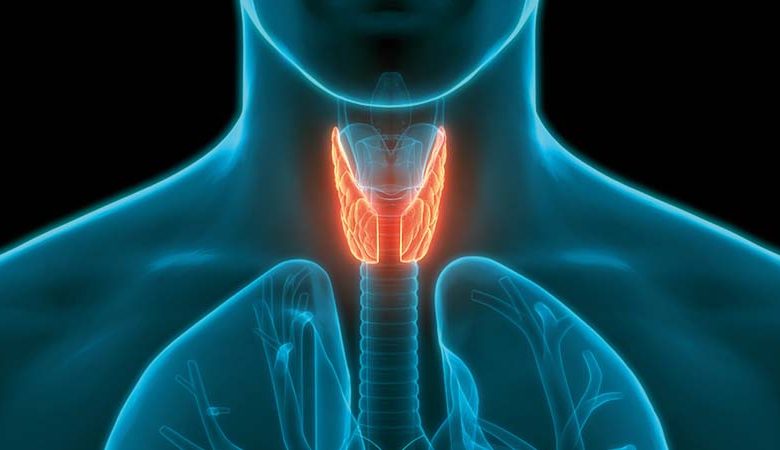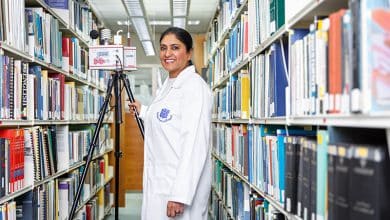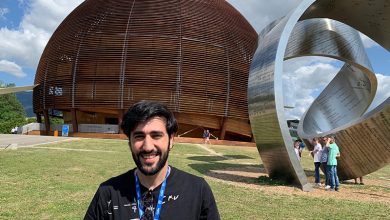Teamwork and Technology Major Themes at 2021 Endocrine Conference
The two-day virtual conference funded by KFAS offered researchers many opportunities to reflect on what’s driving the field of endocrine research

Throughout his career, Kuwaiti Dr. Zaidan Al-Mazidi has believed in the power of teamwork and embracing new technologies to transform the field of medicine and improve patient care. “These were some of the things we introduced at our last conference,” he said, referring to the September 2021 Endocrine Conference, which the Kuwait Society of Endocrinology organized with support from the Kuwait Foundation for the Advancement of Sciences (KFAS).
Al-Mazidi is a pediatric endocrinologist with decades of experience in research and patient care. He now works at Al-Sabah Hospital and serves as head of the Kuwait Society for Endocrinology. He said that last year’s conference served as “education for the doctors” who attended it, including presenters from Kuwait, Jordan, and Saudi Arabia. Throughout the two-day event, presenters shared their research on topics including osteoporosis management, the use of growth hormone therapy, and treatments for male infertility. Al-Mazidi also gave a talk on one of his research projects, which explores growth hormone adherence in pediatric patients.
Some presentations also focused on medical technologies, like the cutting-edge artificial pancreas system. An artificial pancreas is a three-part system that mimics how a healthy pancreas controls blood sugar. This technology is designed to help people with Type 1 Diabetes, who usually have to maintain their blood glucose level by monitoring it and taking insulin via injection or an insulin pump several times each day. Instead, an artificial pancreas automatically monitors a person’s blood glucose level, calculates how much insulin they need, and delivers it.
While this and other high-tech medical equipment promise exciting new treatment options for patients, Al-Mazidi said that simpler technologies, like the video conferencing programs that made the online conference possible, also drive progress in the medical field. “Everyone was at their home, but we were still able to do the conference with this technology,” he said. “We were still sharing our information.” He said that the atmosphere at the online event was excellent.
As head of the Kuwait Society for Endocrinology, Al-Mazidi was also responsible for delivering closing remarks at the conference. He said that he again focused on the importance of teamwork and technology in these remarks. He also reminded his colleagues of the importance of coming together at conferences to share their research, “I told them ‘We are now better than before at understanding the problems facing our patients and how to improve our work.’”
By Marianne Dhenin



